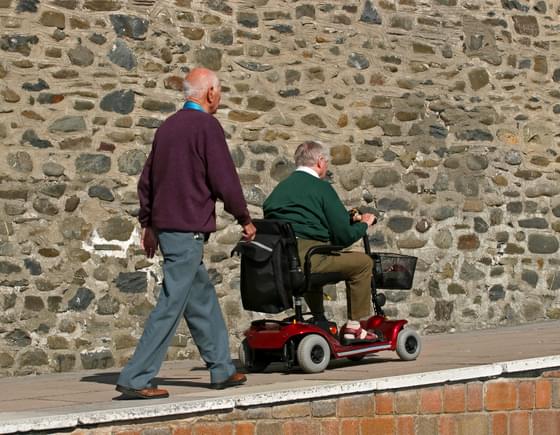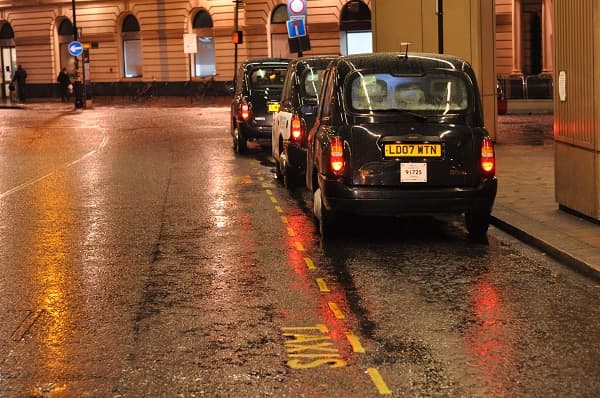Transport for London taxi rank accessibility review
ITP carried out a review of taxi rank accessibility for disabled people on behalf of Transport for London, in support of its Taxi Rank Action Plan.
Our desk-based good practice review and insights from engagement with key TfL, taxi industry and disabled people's stakeholder groups enabled us to develop London's first accessible taxi rank specification and audit methodology. A subsequent review of 600 public and private realm taxi ranks built a quantitative evidence base that enabled our team to calculate which taxi ranks in London met the newly defined accessibility criteria. The audits also collected data on the available space for electric vehicle charging points at ranks.
The study's outputs provided TfL's Taxi and Private Hire team with a costed, and evidence-based, action plan (and accompanying asset database) for prioritising accessibility improvements that are needed at taxi ranks across London in order to ensure they meet the accessible rank criteria.



